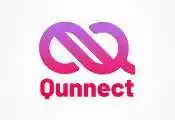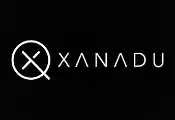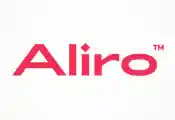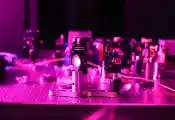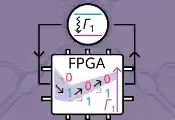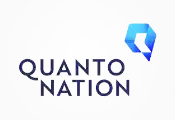Zurich Instruments Strengthens Ties in the Korean Market through Strategic Collaborations
Zurich, Switzerland, June 26, 2024 — Zurich Instruments deepens its collaborative ties in South Korea by signing two Memoranda of Understanding (MoUs) with quantum security specialist company Norma Inc. and the renowned Graduate School of Quantum Science & Technology of KAIST. The collaborations aim at driving advancements in quantum computing, as well as fostering quantum engineering talent. Already since 2022, Zurich Instruments collaborates with the Korea Research Institute of Standards and Science (KRISS) on the development of high-performance superconducting qubits and calibration technology. Combined, these initiatives contribute to the country’s strategic goal to become a quantum technology leader in 2030.

Bolstering Collaboration with KRISS
KRISS is the host institute for a 50-qubit scale quantum computer project initiated by the Korean government in 2022. Following the supply of quantum computing control systems to KRISS by Zurich Instruments, the institute demonstrated rapid progress on 20-qubit system operation at the recent K-Quantum Square Meeting. Intensifying the successful collaboration, Zurich Instruments and KRISS have established a framework for knowledge exchange in 2023 in a MoU. Scientists from Korea have since visited Switzerland, fostering mutual learning and the sharing of best practices. This joint effort leverages the strengths of both institutions: Zurich Instruments' expertise in quantum computing control systems, and KRISS's profound insights into standards and precision in scientific research.
New Strategic Partnerships
Building on the success of its collaboration with KRISS, Zurich Instruments has signed two new MoUs speaking to its commitment to the Korean market.
1. Partnership with Norma Inc.
The partnership with Norma Inc. aims at improving the offering for full-stack quantum computing to Korean customers. A key element of the partnership is to develop an interface between Norma’s Q Platform software for quantum computing end users, and Zurich Instruments’ Quantum Computing Control System (QCCS). A special focus lies on quantum platforms and algorithms essential to the success of quantum computing. The two companies will also develop a joint offering tailored to the specific needs and technological focus of Korean customers.
The MoU was signed during the Quantum Korea event held at Kintex in Ilsan, Korea. “This agreement is a strategic step towards integrating Norma’s Q Platform with Zurich Instruments’ QCCS, driving advancements in quantum computing technology. This collaboration is pivotal for the technological progress and global market expansion of both companies.”, says Jung Hyun Chul, CEO of Norma. Moritz Kirste, Head of Business Development at Zurich Instruments, adds: “This collaboration enables Korean users to utilize the full quantum stack and focus on the development of algorithms and applications without spending time on developing lower software layers.”.
2. Partnership with KAIST
A new partnership with the Graduate School of Quantum Science & Technology of the Korea Advanced Institute of Science & Technology (KAIST) aims to elevate quantum computing education in Korea, equipping students with the skills necessary for successful careers in the quantum field. By utilizing the advanced hardware and software developed by Zurich Instruments, this collaboration will create a talent pipeline of highly skilled individuals in South Korea. Together, Zurich Instruments and KAIST will work to develop cutting-edge educational programs that prepare the next generation of quantum computing professionals.
The MoU was signed during the Quantum Korea event held at Kintex in Ilsan, Korea. “This collaboration will significantly enhance our students' learning experience by providing access to cutting-edge measurement technologies, enriching their practical skills, and advancing our quantum science research capabilities. It represents a substantial step forward in our mission to develop the next generation of workforce in quantum science and technology.” Prof. Eunseong Kim, Chair of KAIST Graduate School of Quantum Science and Technology, and Moritz Kirste Head of Business Development at Zurich Instruments, adds: “Innovations in the field of quantum computing benefit immensely from scientific exchange. We are proud to invest in the training of early stage researchers jointly with such a renowned Korean partner”.

